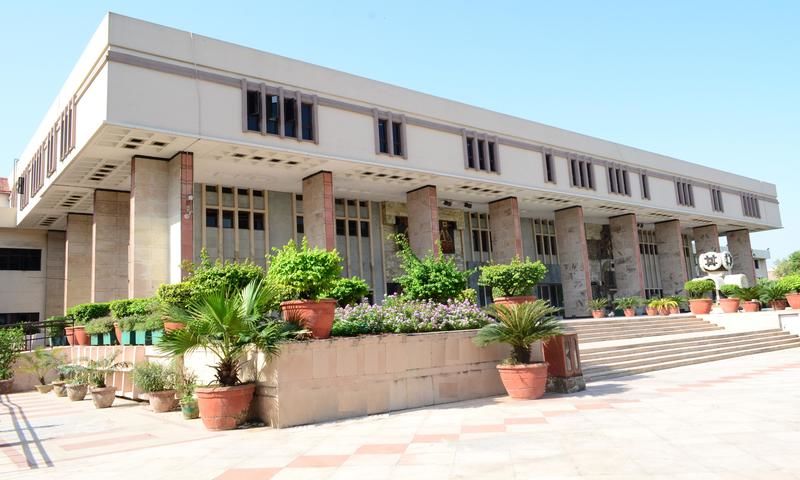Khushi Bajpai
Published on: September 2, 2022 at 22:00 IST
The Delhi High Court has awarded Rs. 20 lakhs in favor of Vistara Airlines in its trademark infringement suit filed against a company selling identical keychains and baggage tags, in the same auberge and gold colour combination, on a Chinese e-commerce platform AliExpress.
It was Vistara’s case that despite the e-commerce platform being based mostly in China, the website contained several listings by the seller of baggage tags and keychains bearing the ‘VISTARA Marks’ in the identical color combination without its authorization which were also eligible for shipping to India.
The Hon. Justice Navin Chawla observed that the use of the VISTARA Marks not only amounted to infringement and passing off but would cause dilution of the mark.
“It is also likely to cause deception and confusion in the mind of the unwary consumer”, the court added.
Vistara has been issuing baggage tags to its crew members bearing VISTARA Marks. It is also the registered proper tier of the VISTARA Marks in several classes in India.
Justice Chawla was of the view that Vistara’s apprehension of national as also international security concerns at airports by the mala fide usage of baggage tags and keychains being offered for sale by the defendant seller prima facie was valid in nature.
“Airports are an incredibly critical junction of not only travel but also of trade and commerce; any lapse in security, especially by permitting the sale of vagrantly-infringing goods, would be turning a blind eye to obvious wrongdoings of the defendants”, the court added.
Considering the fact that Vistara was the registered proper tier of the VISTARA Marks and there was no appearance for the defendant seller, the court opined that the seller had no justification for the adoption of an identical trade mark for sale of the goods in question.
“In view of the above, the plaintiff held entitled to a decree in its favor in terms of prayers made in paragraph 37 (a) to (c) against the defendant,” the court said.

